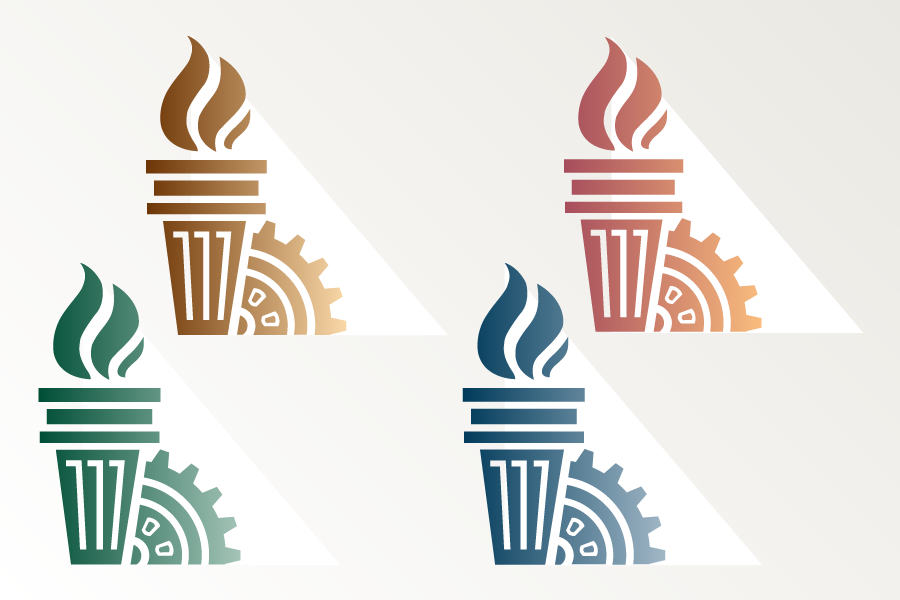
The American Economic Association has announced its list of the 2022 American Economic Journal Best Paper Awards. The papers are selected in four fields: Applied Economics, Economic Policy, Macroeconomics and Microeconomics.
We publish commentaries of the NES professors to selected papers from the list. Following is the commentary of Professor Sergei Izmalkov to the winning paper in microeconomics "Is No News (Perceived As) Bad News? An Experimental Investigation of Information Disclosure" by Ginger Zhe Jin, Michael Luca, and Daniel Martin.
In real life, people often come across situations when some characteristics of goods or services they want to buy, e.g. quality, are not known. Sellers do know this info and can either disclose it voluntarily or not (of course, they can also lie, but let us suppose that any information that is disclosed is verifiable). Economic theory tells us that if sellers and buyers are rational then unraveling is going to happen: all the sellers, except perhaps those with the worst quality, are going to disclose their information. First, those with the highest quality, then with a quality slightly below, and so on. At the end, if you see a seller that does not disclose its info, e.g. a restaurant that hides the results of hygiene checklists, then you should think the worst about that sell
The authors ran an experiment to test whether "real" sellers and buyers (not necessarily fully rational) behave as the theory predicts. The experiment is both simple as it presents participants with clear incentives and involved as it allows to uncover beliefs of each side and test whether they are acting optimally given the beliefs. There are two types of agents, a sender (seller) and a receiver (buyer). The sender learns a random draw of the quality of its product (from 1 to 5) and chooses whether to disclose it or not. The receiver reports an expectation of the quality if (s)he does not see the report. The sender's payoff is increasing in the receiver's guess, while the receiver's payoff is increasing in the precision of her guess. There are three key results. First, which is roughly in line with expectations, the likelihood of disclosure is increasing in line with quality, but there is no complete unraveling. Second, based on extracted beliefs, the authors identify mechanisms behind belief formation and actions. In particular, the buyers do not lower their guesses (relative to the prior ones) aggressively enough when they do not see a disclosure, and, in turn, sellers with mid-lower qualities quite rationally choose not to disclose. Finally, participants do learn over time and their behavior converges to unraveling.
The list of the 2022 American Economic Journal Best Paper Awards
Rachael Meager
American Economic Journal: Applied Economics, Volume 11, No. 1, January 2019
Carbon Taxes and CO2 Emissions: Sweden as a Case Study
Julius J. Andersson
American Economic Journal: Economic Policy, Volume 11, No. 4, November 2019
Higher Taxes at the Top: The Role of Entrepreneurs
Bettina Brüggemann
American Economic Journal: Macroeconomics, Volume 13, No. 3, July 2021
Is No News (Perceived As) Bad News? An Experimental Investigation of Information Disclosure
Ginger Zhe Jin
Michael Luca
Daniel Martin
American Economic Journal: Microeconomics, Volume 13, No. 2, May 2021